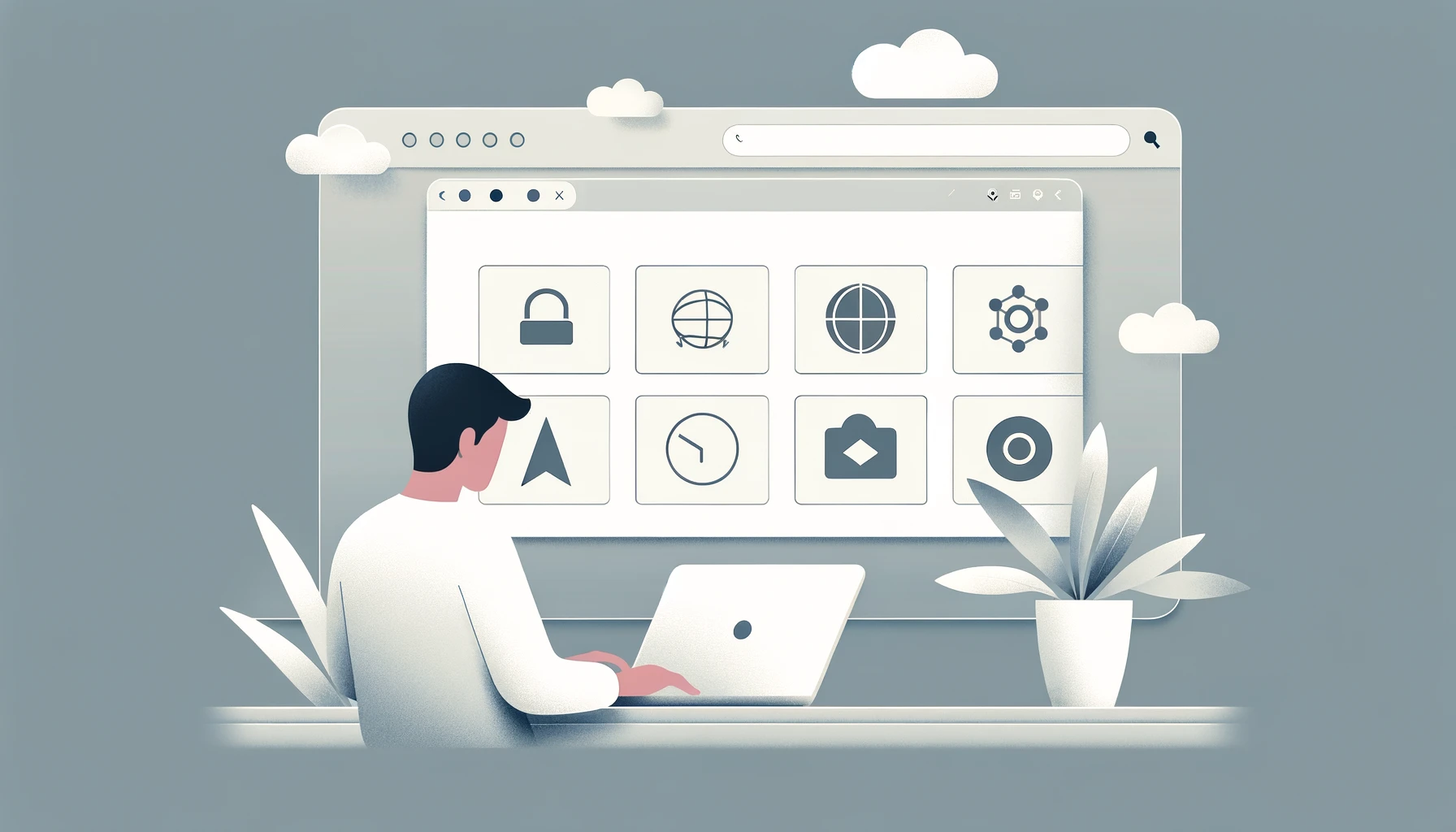
Introduction
Mobile app development is a rapidly evolving field, powered by cutting-edge technologies that enhance user experience, functionality, and performance. Here’s an overview of the top technologies used today.
Understanding Mobile App Development
Mobile app development encompasses various processes and technologies used to create software applications for mobile devices. These apps can be pre-installed on phones during manufacturing or delivered as web applications using server-side or client-side processing. Let’s explore the different types of mobile app development.
1. Programming Languages
- Swift: Primary language for iOS apps.
- Kotlin: Official language for Android development.
- Java: Long-standing choice for Android apps.
2. Frameworks and Libraries
- React Native: Cross-platform framework by Facebook.
- Flutter: Google’s UI toolkit for natively compiled apps.
- Xamarin: Microsoft’s framework for cross-platform development.
3. Development Tools
- Android Studio: Official IDE for Android.
- Xcode: Apple’s IDE for iOS.
- Visual Studio Code: Popular for various development needs.
4. Backend Technologies
- Node.js: JavaScript runtime for scalable network applications.
- Firebase: Google’s mobile platform for backend services.
- Django: Python framework for backend development.
5. Databases
- SQLite: Lightweight, serverless database.
- Realm: Mobile database for real-time applications.
- MongoDB: NoSQL database for flexible data structures.
6. Cloud Services
- AWS: Scalable cloud computing services by Amazon.
- Google Cloud: Suite of cloud computing services.
- Microsoft Azure: Comprehensive cloud services platform.
7. APIs and Integration
- RESTful APIs: Standard for web services.
- GraphQL: Query language for APIs.
- Payment Gateways: Integration for secure transactions.
8. Testing Tools
- Appium: Automation tool for mobile apps.
- JUnit: Framework for testing Java applications.
- XCTest: Framework for testing iOS applications.
9. Security Technologies
- OAuth 2.0: Protocol for secure authorization.
- SSL/TLS: Protocols for encrypting data transmission.
- Biometric Authentication: Security using fingerprint or facial recognition.
10. Emerging Technologies
- Artificial Intelligence: Enhances user experience with personalized features.
- Augmented Reality (AR): Provides immersive experiences.
- Blockchain: Ensures secure and transparent transactions.
Conclusion
The technologies used in mobile app development are diverse and continuously advancing. Developers must stay updated with the latest trends to build robust, user-friendly apps that meet market demands.







